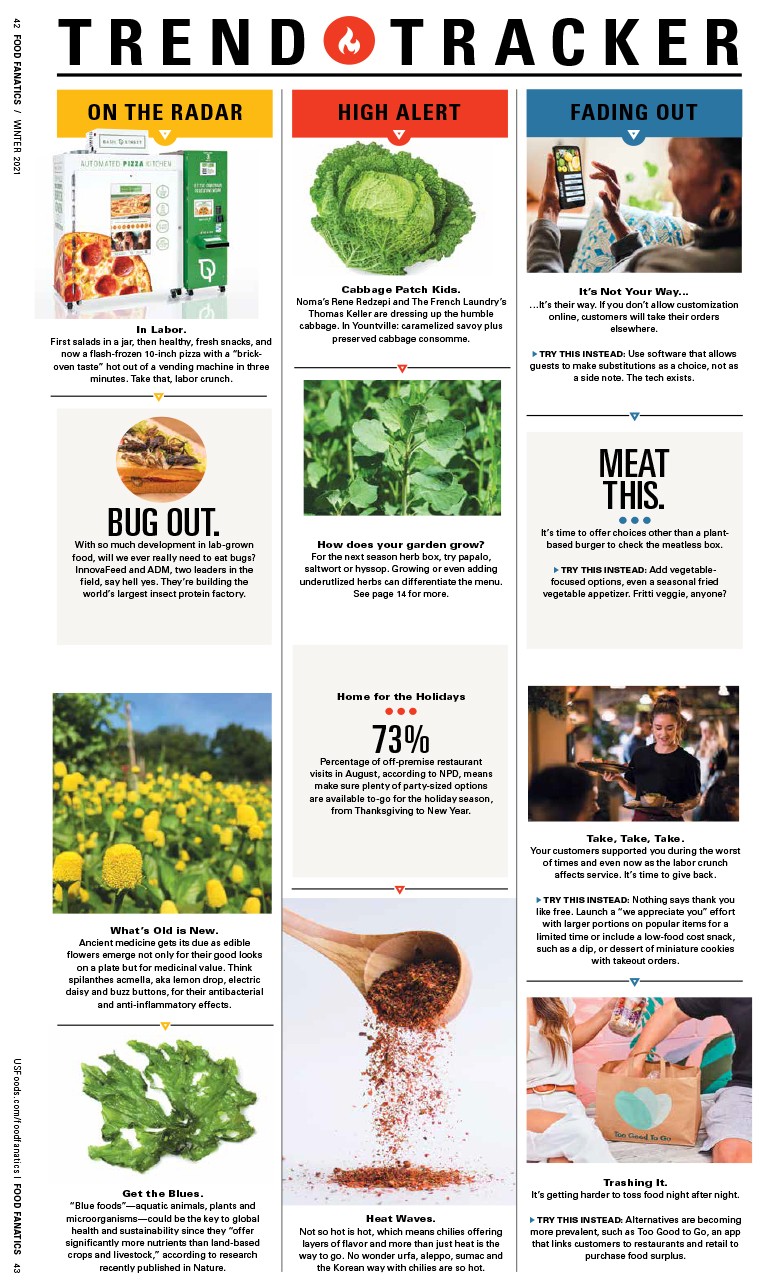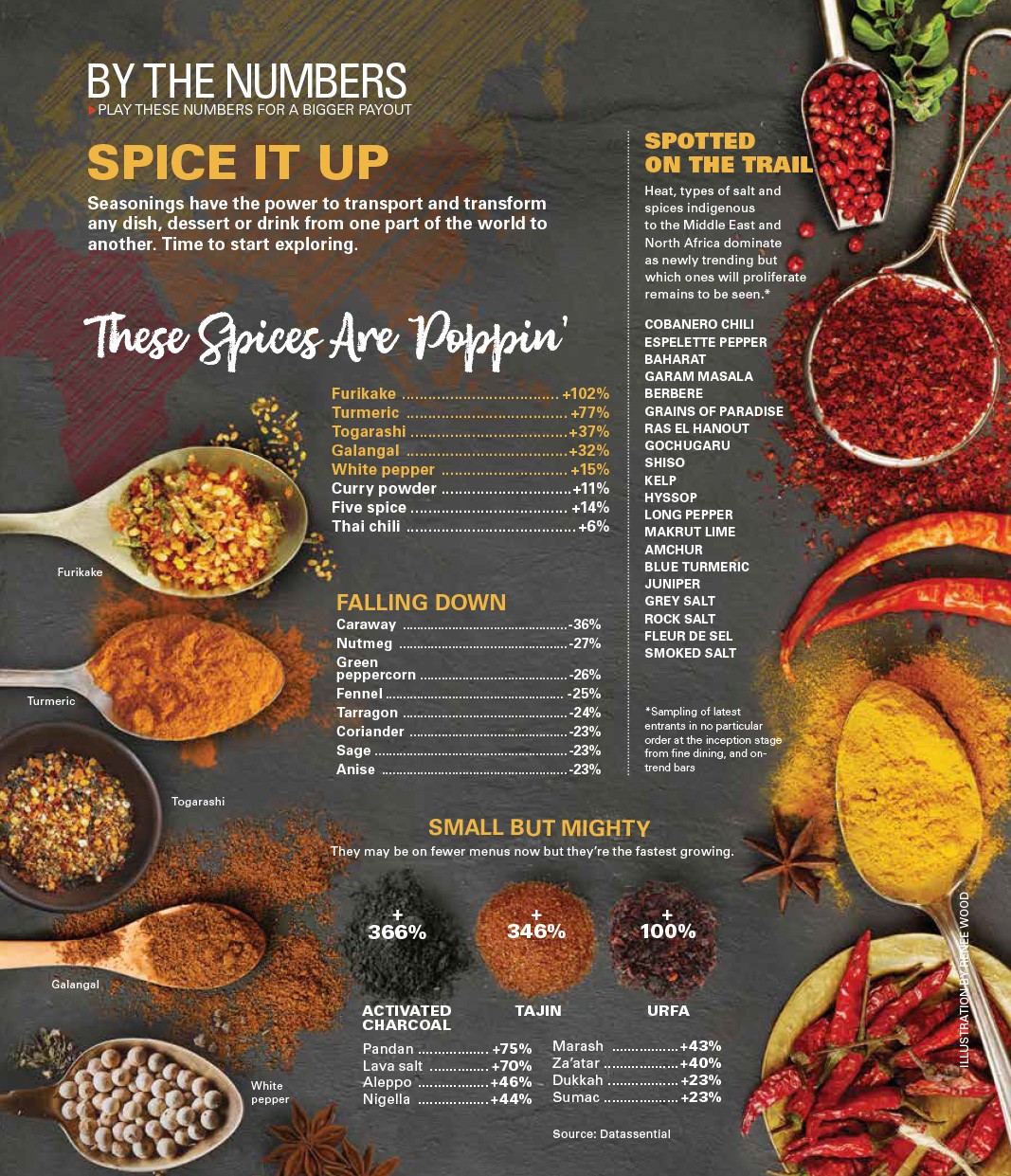Pay Now, Eat Later
Online reservation tools can do more than book a table
Big groups have a leg up on easy-to-seat two-tops and other small parties at LT Burger in New York’s Midtown. With a few clicks, they can complete a reservation, choose their food and pay for it in advance online. Easy for the customer; even better for the restaurant.
“It takes a big administrative headache off our plates and keeps the correct information flowing to the client and to the right people internally,” says Aimee Bender, event planner at 144-seat LT Burger. “We’re a very busy establishment and we need to be able to service our larger groups the same way we service our smaller ones.”
From underground dining clubs to restaurants hosting special menus or events, the food and beverage industry is discovering that prepaid reservation systems are good for more than securing a table.
Depending on the platform, online tools can be a one-stop shop for selling tickets, automating reservations, contracting events and selecting menus, all the way down to deposits and final payments. Many restaurants find that prepayment requirements decrease no-shows and late cancellations, which help improve budgeting, purchasing and staffing.
LT Burger, Laurent Tourondel’s ode to fancy burgers and indulgent milkshakes, uses VenueBook to automate reservations for groups of 15 or more people. But the software also provides leads that can be used to improve service and help with marketing. Diners can indicate their preferences during the sign-in process, which can be used to personalize their experience and tailor promotions.
Since opening in September 2012, LT Burger has been booking about 15 large parties monthly with the help of the software. About 10 percent of those customers come directly through the VenueBook site. “The leads are just another way to get our name out there and my guess is as they (VenueBook) become a bigger name, this will only increase,” Bender says.
But it takes major restaurant buzz to use prepaid ticketing systems exclusively.
“The restaurants that can make it work on just a prepaid reservations basis are very few and far between,” says Clark Wolf, president of Clark Wolf Company, a New York- and Sonoma County, Calif.-based restaurant consultancy. “The expectations are getting higher and higher for diners purchasing those tickets.”
Other drawbacks to the prepaid process: restaurants need to promote themselves to drive customers to online reservation sites. And software and ticketing fees cut into profit margins, which already may be tight.
But some small restaurants have found a fit with ticketing systems that help them promote, and sell out, big dining holidays and special events like cooking classes or tasting menus.
Nojo, a California izakaya, specializing in Japanese pub food in San Francisco, celebrated New Year’s Eve by hosting a special Kaiseki 12-course dinner with the help of SeatMe, an online reservation program. The meal (from $83 to $145) required a $50 prepayment to reserve a seat, which was deducted from the final bill or forfeited if the party turned out to be a no-show.
“We wanted to make New Year’s special and we wanted to order perfectly what we needed,” says Greg Dunmore, Nojo’s chef-owner.
Dunmore promoted the event using social media, the restaurant’s menu and emails to subscribing customers. The 45-seat restaurant, which also uses SeatMe to automate daily reservations with a credit card hold, sold out. Only two customers were no-shows.
While purchasing tickets online is less personal than speaking to someone over the phone, the trade-off is convenience, says Greg York, owner of Rustic Road Brewing Company, a small-batch brewery in Kenosha, Wis.
“It’s a very easy method to get our customers to commit to an event,” says York, who hosts beer brewing classes throughout the year and uses the Eventbrite platform to automate ticket sales. He promotes the classes with internal marketing, the restaurant’s blog and website.
“Once our events begin, it’s a very personal experience,” he says, “so I don’t worry too much about the front-end transaction.”
Monica Ginsburg is a business writer, who writes for a variety of publications including Crain’s Chicago Business.
Pay-in-Advance Options
Functions: Accepts standard daily reservations in addition to reservations and payment for special seatings or events. System can also manage floor traffic and track wait lists.
Fees: 30-day free trial then $99 a month for software, plus 3 percent credit card processing fee for prepaid reservations.
Payment: Weekly.
Background: Launched in San Francisco in 2011; global capabilities.
Best for: Restaurants of any size with table service.
Functions: Creates event web pages, event registration, sells tickets and collects payment. Provides 24-hour live customer support English, Spanish and French.
Fees: Free to event producers. 3.5 percent of ticket price plus 99 cents per ticket for ticket buyers, includes credit card processing fees. Restaurants using their merchant or PayPal account as the credit card processor receive a rebate (2.5 percent of ticket price).
Payment: Immediate payment to restaurants using their own merchant or PayPal account. Otherwise, 10 days after the event.
Background: Seattle-based since 2000; global capabilities.
Best for: Anyone who wants to promote and sell tickets to an event.
Functions: Books venues, creates menus and contracts and accepts payment for group parties. Not compatible with other reservations systems.
Fees: $149 a month for software, plus booking fee of 7.5 percent of final bills that originate from the VenueBook site.
Payment: Two to three days after deposit and final payment are made by customer.
Background: Operates exclusively in New York since launching in the fall of 2012; expanding to Chicago, San Francisco and Los Angeles.
Best for: Restaurants with private event space or those that can accommodate large groups.
Functions: Creates event web pages, promotes events, sells tickets and collects payment. Users can email personalized invitations to their contact lists and promote through social media.
Fees: 2.5 percent of ticket price plus 99 cents per ticket ($9.95 cap), plus standard credit card processing fees.
Payment: Five days after the event.
Background: San Francisco-based since 2006; global capabilities.
Best for: Anyone who wants to promote and sell tickets to an event.



